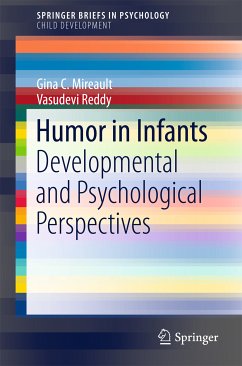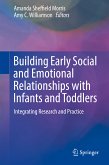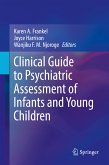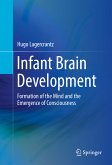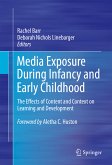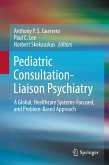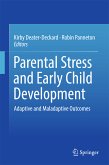This volume explores in depth how infants-perhaps as young as three months-develop the capacity to appreciate, participate in, and create humor. Engagingly written, it synthesizes theories of humor, its subtle complexities, and why it exists despite seeming to have little survival value. Chapters trace the developing skills in the child's interactions with parents and others, the roles of verbal and nonverbal behaviors in humor, and related phenomena including absurdity, funniness, laughter, teasing, and play. These diverse perspectives offer rich insights into how the human mind learns from its environment, why humor is funny, and what humor can tell us about being human.
This singular text:
- Reviews theories and findings on humor and its critical role in social behavior.
- Analyzes the challenges of researching humor in infants and young children.
- Differentiates among concepts and contexts of humor and playfulness.
- Situates humor as a social-emotional as well as cognitive experience.
- Details current research on humor in atypically developing children.
- Examines the role of culture in humor.
Humor in Infants is an essential resource for researchers, clinicians, and graduate students in developmental psychology, infant mental health, social psychology, cognitive science, and pediatrics.
Dieser Download kann aus rechtlichen Gründen nur mit Rechnungsadresse in A, B, BG, CY, CZ, D, DK, EW, E, FIN, F, GR, HR, H, IRL, I, LT, L, LR, M, NL, PL, P, R, S, SLO, SK ausgeliefert werden.

